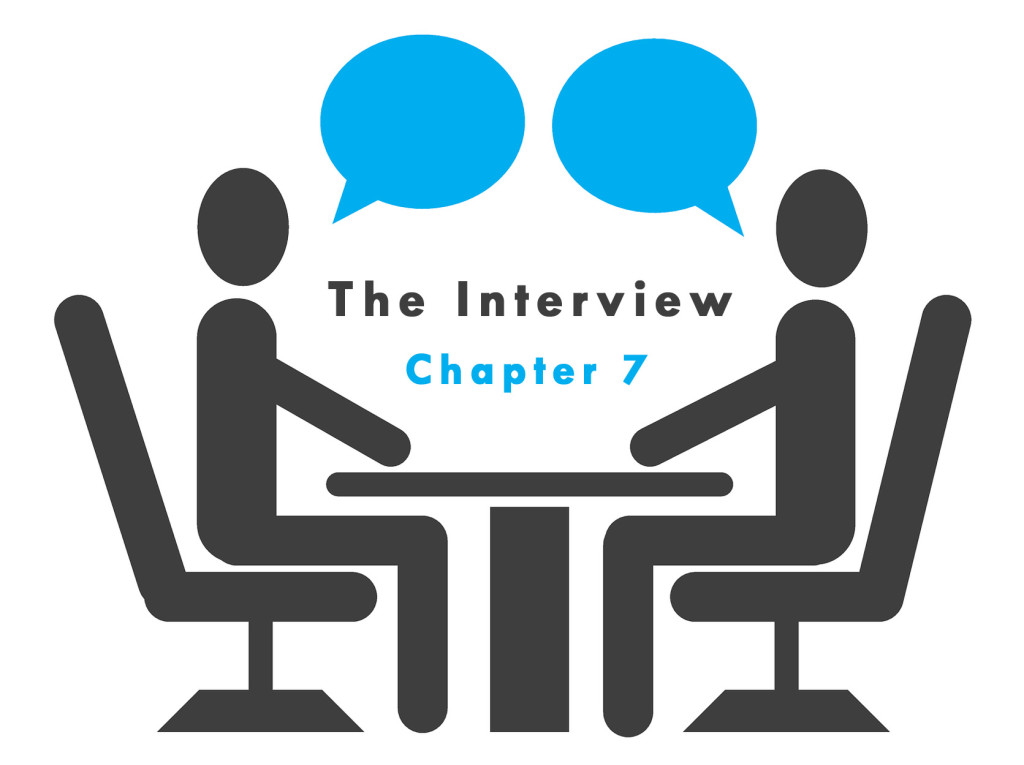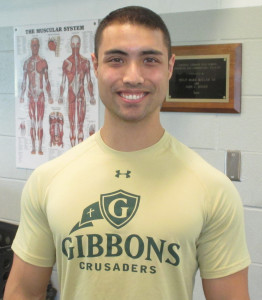The interview: an examination of a person’s worth and qualification; generally, it is used prior to a potential job. Coach Ron McKeefery breaks down the interview process for obtaining a coaching position into five categories: (1) Resumé Book, (2) Programs, (3) Practical Demonstration, (4) Staff and Athlete Interaction, and (5) Interview Committee Q&A. I will be discussing each topic and providing examples based on my personal experiences, to help better convey Coach McKeefery’s message.
(1) The Resumé book, is simply your resumé, but a little more in-depth. The first resumé sent in is to grab the potential employer’s attention. After, obtaining the interview, have a resumé book readily available, to showcase to the employer. This will show one’s desire and more in-depth description of all of one’s accomplishment(s). I was unaware of this when I was applying to jobs, but it is such a great tip to make use of! Although, back then, I hardly had any credentials to log. Now, is a completely different story, but it is good to stay a step ahead. Build your “portfolio”, by organizing your accomplishments, degrees, certifications, volunteer hours, etc.
(2) Next, be ready to discuss programing prior to the interview. As a Strength and Conditioning professional, programming needs to be like breathing. If, there is a team to train and one is unaware of how to train this team, it would appear very poorly. It would be best to prepare prior to the interview, about 2-4 weeks. Coach McKeefery points out, that most jobs are trying to fill a void, from a prior coach. Thus, one needs to be knowledgeable and prepared to discuss programming at an interview, just in case the question should pop up. I had some knowledge, when interviewing for the assistantship of strength and conditioning at Cardinal Gibbons High School. I had no idea how much more I had to learn until working and programming for multiple teams at the school. The experience has better prepared me to set out and receive a(n) equal or better job. I am thankful for the opportunity and experience for all that I have learned.
(3) Regarding practical demonstration, I can only stress the importance of being able to demonstrate what an exercise is. If asked to demonstrate an exercise, it is key to show confidence, relaxation, and knowledge of the exercise. This will further impress the employer. Most employers want to see the student-coach interaction, to judge the relationship between them. I was not this way, in the beginning, as it took me time to better relate with the students. The main reason being, I tend not to speak too much if I am not 100% confident in my knowledge and ability. Today, thanks to many applications and programming, I feel very confident and I have no problem working with and correcting students.
(4) Fourth, Student and Athlete Interaction. This focuses on demonstration, it is by taking a student through a workout or simply conversing with a student to better understand them. Also, the potential employer will most likely ask a student to talk with you. This will give the employer a “baseline” on how well the student relates with the potential coach. The Director of Strength and Conditioning at Cardinal Gibbons, Coach Chris Morland did this with me on my first interview. Not only did I speak with his assistants, but also, students, sport coaches and faculty. My preparation for the interview was key. Because I prepared, I felt more confident; thus, I was able to be myself and speak without hesitation, because I was confident in what I knew. I was also ready to ask questions, because I truly did have many subjects I wanted to discuss to enhance my knowledge base.
(5) Regarding, Interview Committee Q&A, be prepared to talk with different sport coaches. It was an informal setting, but I was more than ready to discuss topics about their sports, goals and history. It is important to have “go-to”questions to ask and a good knowledge base on the school and its’ successes and failures. The better prepared you are for it, the better the experience will be.
In conclusion, what is important to remember most is to be prepared! Being prepared will help you go far. Planning ahead will make life so much easier; it will help you score that interview and successfully impress the employer to hire you! So be prepared and follow these 5 steps to succeed in your interview.
“The views, opinions, and judgments expressed in this message are solely those of the authors and peer reviewers. The contents have been reviewed by a team of contributors but not approved by any other outside entity including the Roman Catholic Diocese of Raleigh.”


